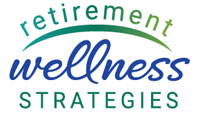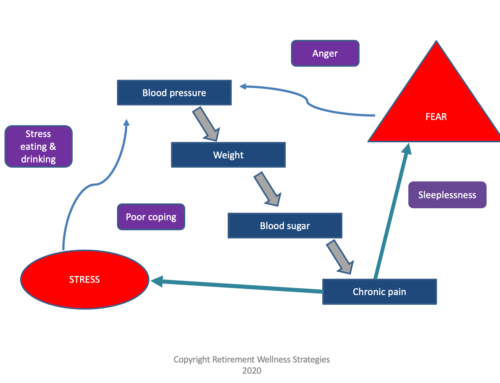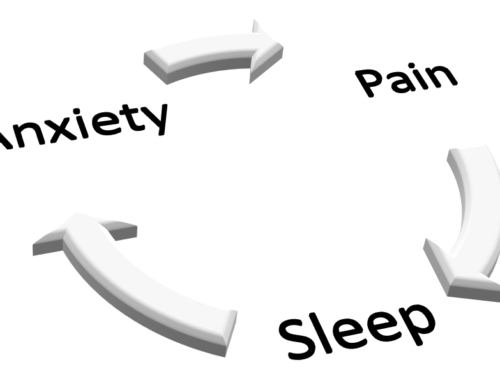
Retirement should be a meaningful, active, sustained, and healthy time of life. Those things are more likely with planning and preparation.
I am sad.
I am surprised.
I am mad.
So, I need to take action.
Retirement is often not the golden age of happiness that is dreamed.
Retirement is a MAJOR life transition – up there with marriage, having children, and moving.
I have been researching more and more about retirement. As a healthcare professional, I have seen TOO MANY people lying in a hospital bed with their future retirement plans dashed. And, TOO MANY times, this event that led to the hospital could have been prevented. If only things had gone differently hours, days, months, or years earlier, this hospital visit could have been avoided.
Role of Medication Use
Medication use plays a part in these avoidable events at least 80% of the time. There are many ways medication can be part of the problem:
- Not taking a medication that is prescribed.
- Taking too much of the medication.
- Taking too little of the medication.
- Taking a medication for one thing that makes another problem worse.
- Taking medications that are not safe together.
- Having a severe side effect from a medication.
- Not seeking medical care for a problem that should be treated with medication.
- Taking a medication when no medication is needed.
And then there are multiple variations of each of these issues.
Medications are not benign.
Medications are not all bad.
Medications can save lives.
Preparing for the future
Sometimes the preventable problem is related to lack of planning for retirement.
Most people think of MONEY when they think of retirement planning. There are many professionals who dedicate their career to helping people secure the finances for retirement. Others focus on insurance and protection of assets.
Few have made plans for the enormous lifestyle transition that is retirement. Those who especially struggle with the transition are:
- people who are very busy at work with a lot of responsibility,
- those who always have people lined up to talk with them,
- those who are the decision makers, and
- those who run the company.
Work Withdrawal
The withdrawal from the daily demands of work can be similar to any other withdrawal from an addiction. Symptoms the first few days can include:
- sense of loss
- restlessness
- frustration
- anger
- palpitations
- sense of loss
Later withdrawal symptoms can be:
- depression
- despondence
- loneliness
- feelings of inadequacy or irrelevance
- anger
- lack of concentration
- irritability
Planning for Retirement
Finding the retirement years of your dreams takes planning. How will you prepare for the first day the phone no longer rings, people are no longer lined up outside your office, and the big decisions are made without your input?
We dream of retirement practically from the time we start working. The thought of a break from the pressure sounds wonderful. Then it happens…
I have talked to many men, most thinking they had planned well for retirement, who are then surprised and disappointed when the realities of the transition hit. Others plan to never retire to avoid going through this.
A successful transition to many happy years and a long delay of functional decline is possible!!!
Contact us today at www.retirewellness.com, or call 410-472-5078, or e-mail michelle@retirewellness.com.
For further application, check out my personal blog.





